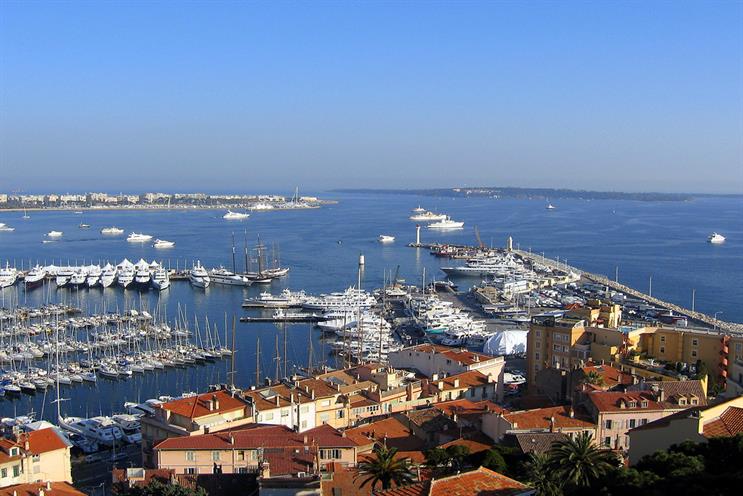Judges of this year’s Cannes Lions have been asked to ensure the work they are assessing does not "represent deep-rooted stereotypical portrayals" of any minority group.
As a group who have long campaigned for inclusive LGBT+ representation in advertising, we’re thrilled that the biggest industry festival is finally addressing this problem. However, we fear that this announcement may result in a swing the other way, with judges beguiled by "pinkwashing" and brands that have made well-intentioned but clumsy nods to our community singled out for praise despite their work possibly doing more harm than good.
Don’t misunderstand us: we welcome the updated guidelines. But it remains crucial to our mission that jurors don’t go too far the other way and give extra marks to a campaign that has made only a cursory LGBT+ nod.
Ooh, matron!
We’ve come a long way from unsubtle, camp villains in kids' cartoons, but LGBT+ still regularly lacks any convincing representation in ads whatsoever, stereotyped or otherwise.
And yet, would your average straight Cannes judge recognise an LGBT+ stereotype if it waltzed up to them screaming "Ooh, matron"?
At PrideAM, we campaign strongly for brands to ensure a more representative sample of people work on their ads. But if honestly progressive work is to be given the honour of a Cannes Lions, it needs to be judged by a panel from the broadest of backgrounds.
We would love the Cannes Lions organisers to reveal how many transgender judges they have. How many are queer and gender-fluid? Do the judges even know what non-binary means? And you can bet they have no idea that 54% of 18- to 24-year-old Brits identify as neither 100% straight nor 100% gay.
LGBT+ judges
Of course, not everyone will agree on what constitutes a fallacious stereotype and what is a genuine reflection of authentic behaviour; indeed, PrideAM’s creative reviews are never without a heated debate. But the environment created by a panel that includes LGBT+ judges will engender more openness and discussion, generating far more useful insights than offering up the work to a group that doesn’t possess knowledge of the nuances of and an eye for the details of LGBT+ life.
However the new Cannes Lions guidelines are interpreted, at PrideAM we will not be holding our breath for a plethora of awards going to genuinely inclusive campaigns that celebrate the LGBT+ community. Why? Because all too often our industry’s output is, as Stonewall chair Jan Gooding pointed out in PrideAM’s last creative review, "pathetically tokenistic".
We should be reaching the point when LGBT+ inclusion in ads is unremarkable, fairly standard, a part of daily life. Yet there are still precious few ads that get it right.
Danger zone
The reason? Mostly fear. Sometimes – sadly – prejudice, but mostly fear. Great ideas get knocked on the head, because someone somewhere in the chain loses their nerve and sidesteps valuable LGBT+ inclusion. Brands still sell themselves short by shyly implying LGBT+ inclusion – keen to look "right on" yet inoffensive – rather than openly celebrating it.
The Cannes Lions festival needs to establish a way of openly encouraging work inclusive of LGBT+ to get made in the first place, not just policing stereotyping. The knock-on effect of the latter without the former could be that LGBT+ inclusivity will be dodged entirely for fear of wandering into the unknown danger zone.
We need the carrot as well as the stick. So we say to Cannes bosses: this is a start, but it’s not nearly enough.
Mark Runacas is president and Phil Clements is a member and spokesman of PrideAM


